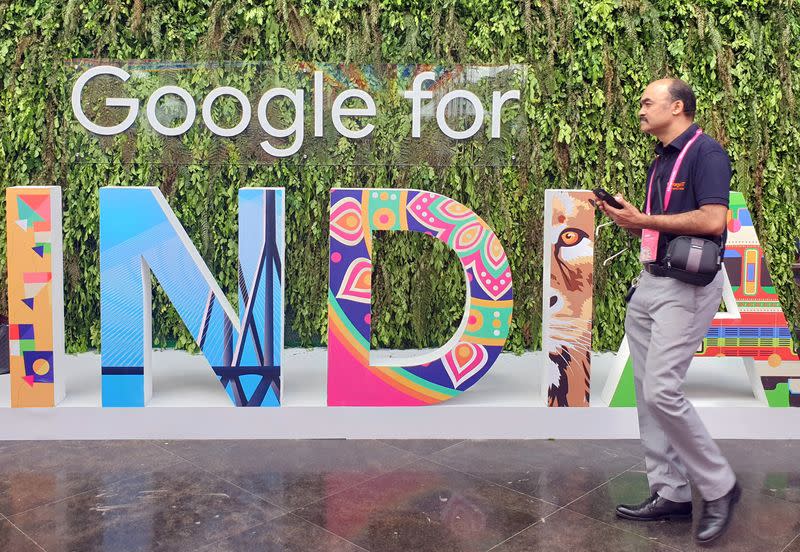Factbox-India's antitrust directives on Android that have spooked Google

(Reuters) -Google has been jolted after the Indian antitrust authority sought changes to how it markets its Android system, which powers 97% of smartphones in the world's second biggest mobile market.
The U.S. firm had asked the Supreme Court to put on hold the directives of the Competition Commission of India (CCI), arguing that they risk stalling growth of its Android ecosystem in the country.
On Thursday, India's top court declined Google's request, but extended the date of implementation of the antitrust directives by a week.
Google licenses the system to smartphone makers and says Android provides more choice for everyone and such pacts help keep the operating system free, but critics say its restrictions are anti-competitive.
Google has said that the changes sought by CCI would result in the most far-reaching alterations for the Android mobile platform in the last 14 to 15 years.
Here are the authority's 10 directives:
* Google should not be allowed to license its Play Store, from which users download mobile apps, on condition that device manufacturers pre-install Google apps such as YouTube, Gmail or the Chrome browser.
* Google should not force device makers to pre-install a bouquet of apps or decide their placement.
* Google should be restrained from striking agreements that ensure exclusivity for its search services on smart devices.
* Google should not restrict smartphone users from removing its pre-installed apps such as Google Maps, Gmail and Youtube, which currently cannot be deleted from Android phones.
* Google should let users pick a search engine of choice for all relevant services when setting up a phone for the first time.
* Google should not impose any curbs in India on the practice of "sideloading", or downloading apps without using its app store.
* Google should allow hosting of third-party app stores on Google's Play Store.
* Competitors and app developers should not be denied access to the programming interface of Google Play services, the underlying software system that powers Android devices. This directive is meant to ensure compatibility between apps on Play Store and third-party app stores based on Android variants, the antitrust authority has said.
* Google should not offer incentives or obligate manufacturers for not selling smart devices based on Android variants.
* The CCI asked Google not to restrict makers of Android smartphones from developing other devices, such as tablets or TVs based on modified versions of Android.
(Reporting by Munsif Vengattil and Aditya Kalra in New Delhi; Editing by Clarence Fernandez and Tomasz Janowski)

 Yahoo Finance
Yahoo Finance 